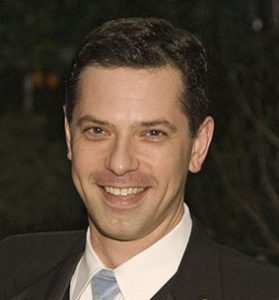Political Science Professor Receives Grant to Investigate Armed Conflicts

From the June 2013 Desktop News | With the help of a $236,000 grant from the National Science Foundation, a professor in the College will collect data from the last 200 years to develop information about international conflicts that may aid scientists in making predictions about future conflicts.
Dr. Douglas M. Gibler, a professor in the Department of Political Science, will use the grant to collect and code data about armed conflict between nations. He will collect incident-level Militarized Interstate Dispute (MID) data from conflicts between states from 1816 to 2001. MID data is one of the primary datasets used by international relations researchers and includes all threats, displays, and uses of force made by at least one state against another state.
Although this data provides a wealth of information, it only includes summary information. For example, data about the Cuban Missile Crisis may include information about the highest action made by either the United States or Soviet Union, and whether military personnel were killed, but none of the actual events in the dispute or any indications of whether civilians were killed.
Gibler aims to make the data more complete by using primary and secondary sources such as newspapers and historical accounts to reconstruct the events of threats for analysis. The project will develop an accurate record of the military bargaining that takes place when states are in conflict.
Gibler, a College of Arts and Sciences Leadership Board Fellow, said the two-year project would not be possible without the NSF grant. “The data itself will be a game changer for a lot of research, allowing us to test specific predictions of many theories for which we currently have only suppositions,” Gibler said. “It will allow us to determine the conditions that make conflict or negotiation likely and help us understand how states interact with each other during crises.”
The data will benefit policymakers, the military, and political scientists in analyzing the cause of conflicts and to test current theories of conflict.
Students at UA will also be involved. Political science undergraduate and graduate students will serve as paid research coders. Some 30 undergraduates previously participated in initial research efforts for this proposal. Many of Gibler’s students have gone on to doctoral programs and faculty positions as a result of his research, which has previously been funded by NSF, the Guggenheim and other organizations.